Search
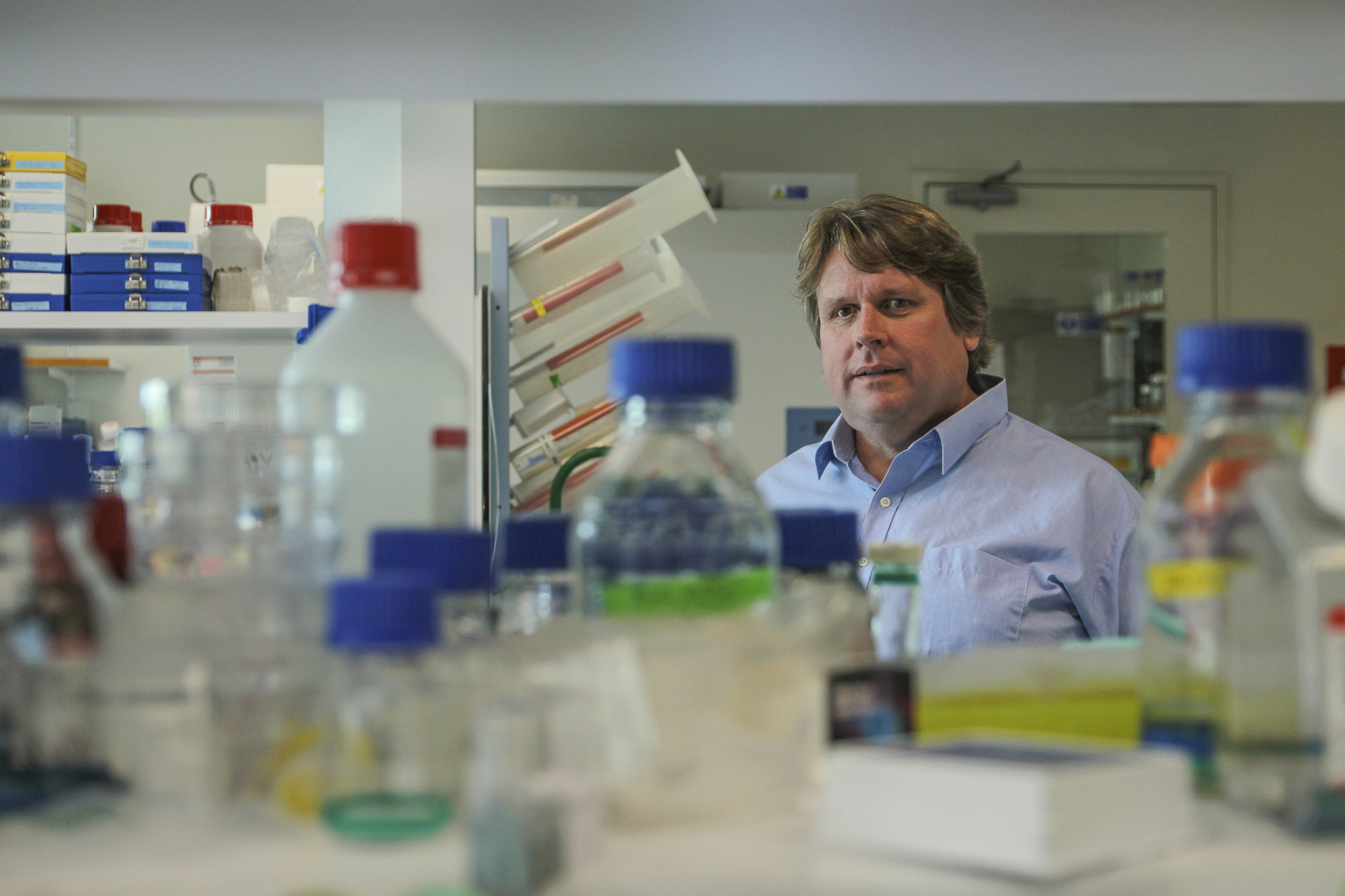
News & Events
The Kids researchers seek cure for devastating gliomaThe Kids Research Institute Australia’s cancer researchers will use funds raised in the name of a brave three-year-old girl to launch a new assault on the devastating form of childhood cancer which took her life.
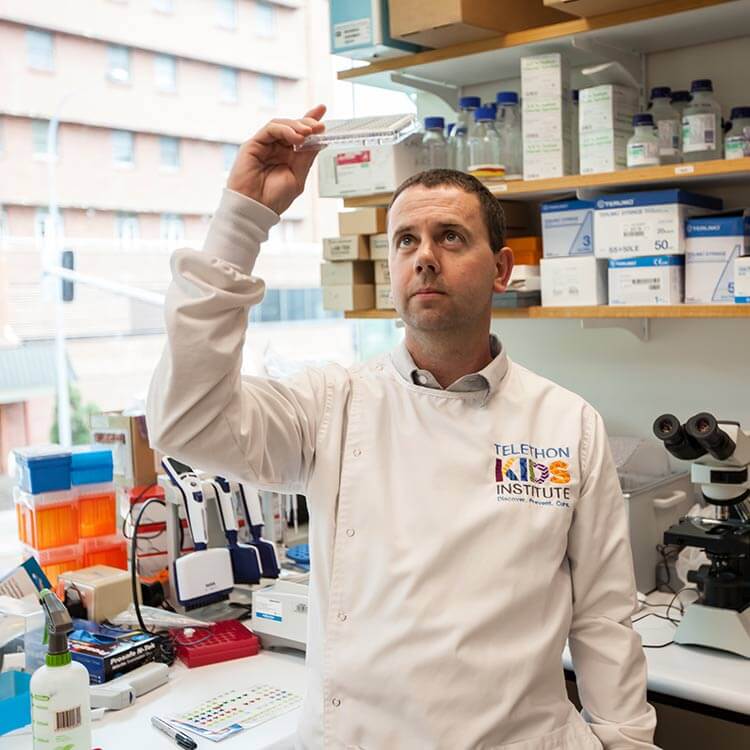
News & Events
Funding boost to melanoma researchA The Kids Research Institute Australia researcher will investigate new ways to harness the body’s own immune system to fight melanoma, thanks to Cancer Council WA funding.

News & Events
West Coast Cancer Meeting 2025Join us as WA’s cancer research community comes together at the inaugural West Coast Cancer Meeting.
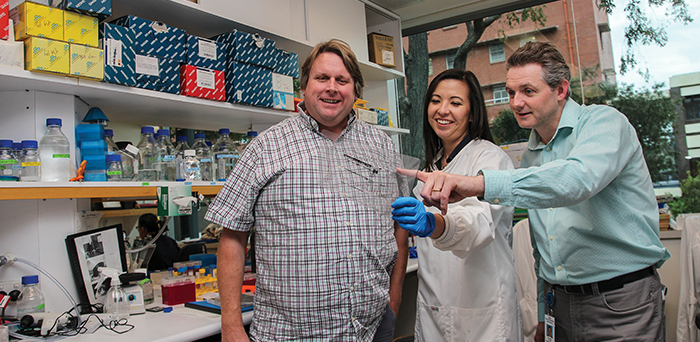
News & Events
How to win friends and influence people: Cancer researchers talk the talk for big resultsIn the field of cancer research, lobbying efforts by the The Kids Cancer Centre have contributed to major initiatives including Australia’s first personalised medicine program for children with high-risk cancer, and a mission to boost survival rates in brain cancer patients.

News & Events
Pioneering new treatments for leukaemia in children with Down syndromeA team of world-leading scientists has secured $5 million in funding from the Leukaemia and Lymphoma Society to advance the fight against leukaemia in children with Down syndrome.
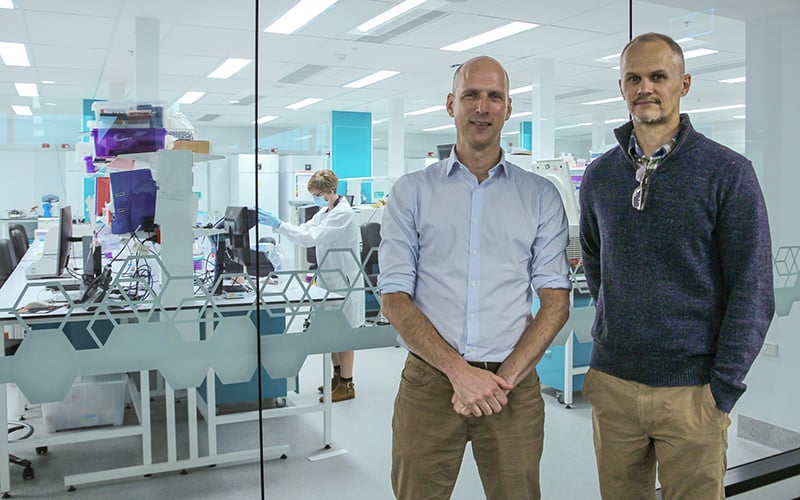
News & Events
Cancer immunotherapy in a tablet a step closer thanks to CUREator grantResearchers at The Kids Research Institute Australia and UWA will use a $500,000 CUREator grant to progress the development of the first cancer immunotherapy in a tablet.
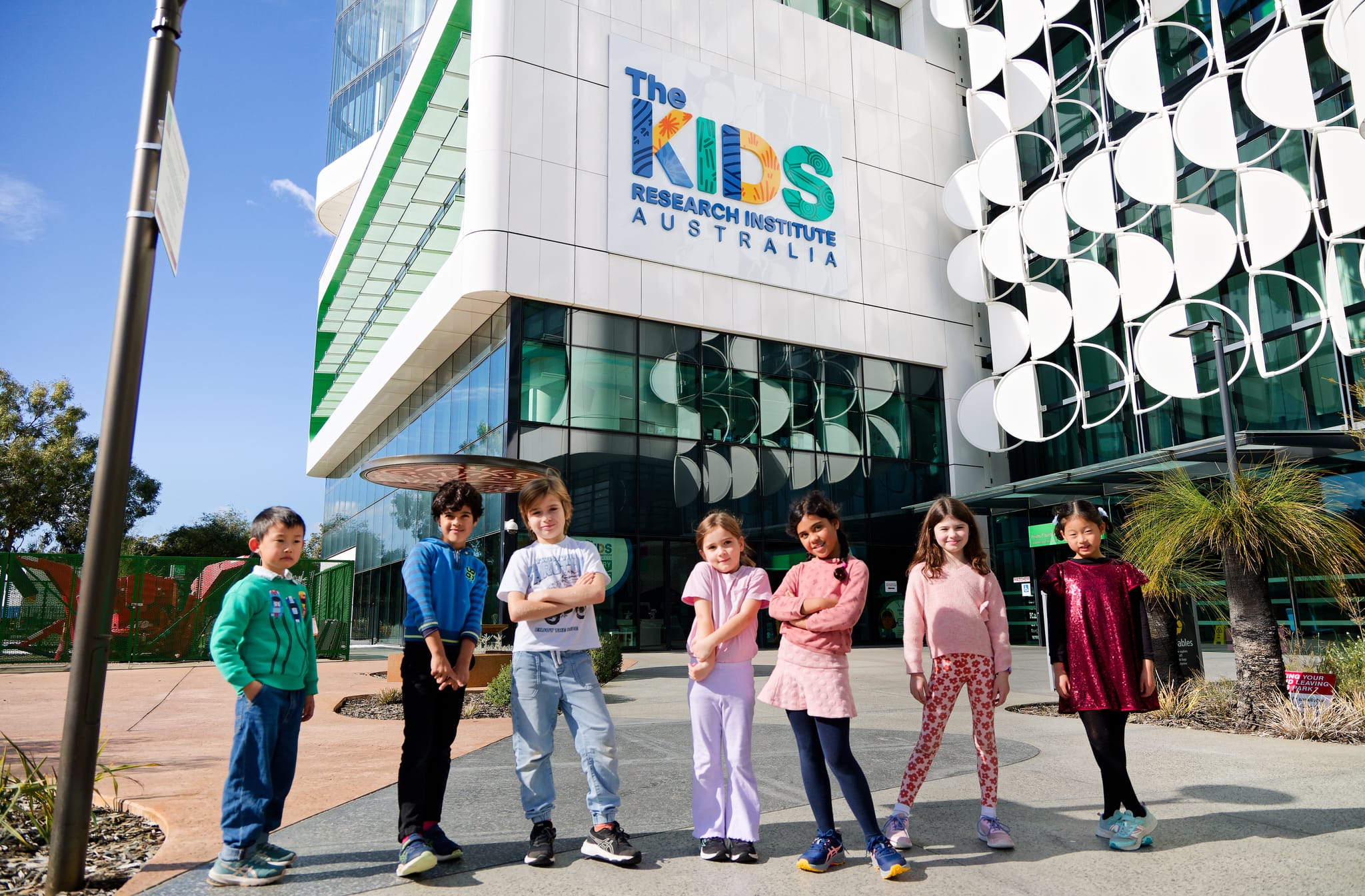
News & Events
Funding boost for groundbreaking child health researchResearchers from The Kids Research Institute Australia will share in almost $4 million in grants to continue groundbreaking research to tackle childhood cancer, asthma, respiratory viral infections and more.
Research
Population-level 5-year event-free survival for children with cancer in AustraliaEvent-free survival considers other adverse events in addition to mortality. It therefore provides a more complete understanding of the effectiveness and consequences of treatment than standard survival measures, but is rarely reported at the population level for childhood cancer.
Research
Challenges and considerations for antifungal prophylaxis in children with acute myeloid leukemiaChildren receiving treatment for acute myeloid leukemia (AML) are at high risk of invasive fungal disease (IFD). Evidence from pediatric studies support the efficacy of antifungal prophylaxis in reducing the burden of IFD in children receiving therapy for AML, yet existing antifungal agents have specific limitations and comparative data to inform the optimal prophylactic approach are lacking.
Research
A novel transcriptional signature identifies T-cell infiltration in high-risk paediatric cancerMolecular profiling of the tumour immune microenvironment (TIME) has enabled the rational choice of immunotherapies in some adult cancers. In contrast, the TIME of paediatric cancers is relatively unexplored. We speculated that a more refined appreciation of the TIME in childhood cancers, rather than a reliance on commonly used biomarkers such as tumour mutation burden (TMB), neoantigen load and PD-L1 expression, is an essential prerequisite for improved immunotherapies in childhood solid cancers.
